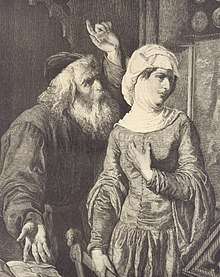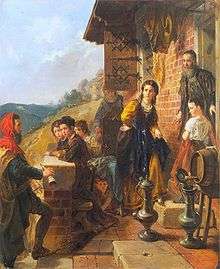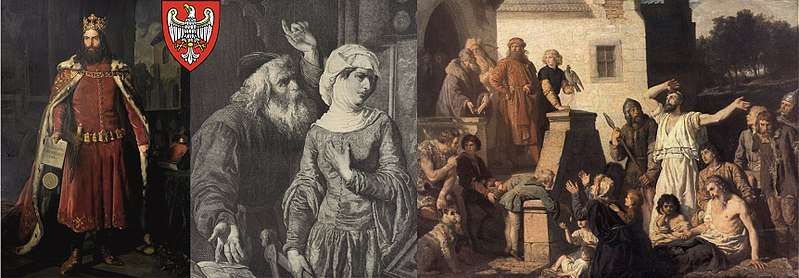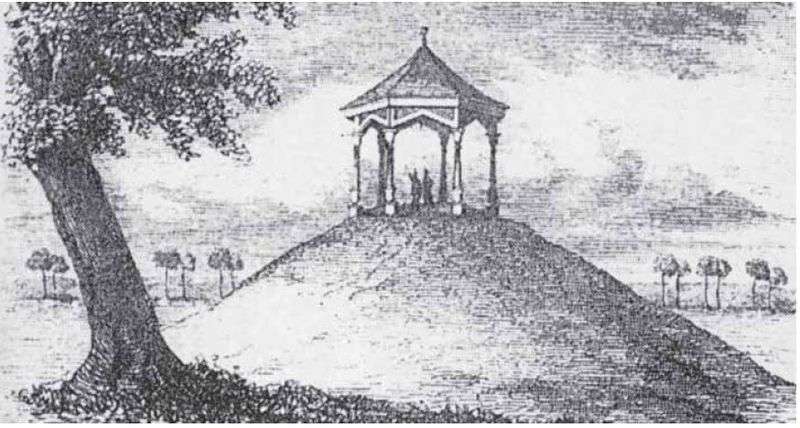Esterka


Esterka was the legendary Jewish mistress of Casimir the Great, the King of Poland between 1333 and 1370. She was the daughter of a poor tailor from Opoczno named Rafael. The King had several wives, but Esterka was the only one who gave him male offspring despite the fact that they never were officially married. Esterka had played a significant role in Casimir's life. Her beauty and intelligence were legendary. She performed as a king's adviser in support of various initiatives: building stone cities, tolerance to representatives of different religious faiths, free trade and support of cultural development. It was she who initiated the foundation of a tolerant attitude towards Jews in Poland which lasted for centuries, making Poland into "a paradise for the Jews".
Casimir was loyal to the Jews, and encouraged them. Casimir was called The Great King for his intelligence and bright vision. The sons of King Casimir and Esterka, Pelko and Nemir, were baptized on the request of their father. The two became the ancestors of several Polish noble families. To develop legal and commercial relations between Jews, Poles, and Germans, Pelko was sent to Kraków, and in 1363 his brother Nemir was sent to Ruthenia to establish a new knightly order, which later became the patrimonial nest of the Rudanovsky dynasty (from the name of Rudawa river). [1]
History
The earliest historical record of Esterke is found in Jan Długosz chronicle 1386, where he writes that Esterka influenced Casimir the Great's policy in addressing the Jewish issues:
«Ad preces quoque praefatae Ester judeae et concubinae, exorbitantes praerogativas et libertates per literas singulis judaeis in regno Poloniae habitantibus, quae falso scriptae ab aliquibus insimulabantur, et quibus divina majestas contumeliatur et offenditur, concessit, quarum factor olidus etiam in hane diem perseverat»

Places
Wawel Castle
Several places, streets and monuments in Poland are named after Esterka, usually ones associated with her and the King. In some sources Esterka is presented as King's consort who actually lived with him at Wawel Castle.
Esterka House
Seweryn Udziela Ethnographic Museum in Krakow is located at Krakowska street 46. [3]
Esterka Mound
Esterka Mound was situated on Rudawa river, more than 3 km to the northwest of Wawel Hill in the gardens of the royal palace at Lobzow. The mound was excavated at the end of 18th century on the initiative of King Stanislaw August Poniatowski. It was expected to be the site of Esterka's Medieval grave. In the 1950s, the mound was completely destroyed during the construction of a sports stadium. [4]
